
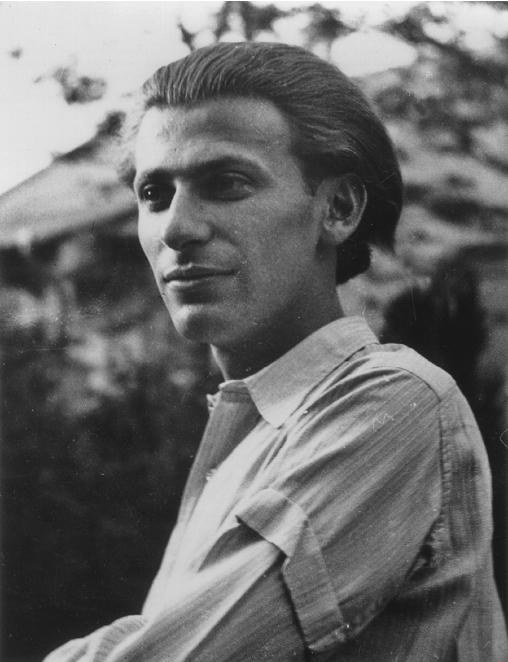 Mikls Radnti, summer 1942, in Szeged, Hungary. Photograph by Mikls Mller.
Mikls Radnti, summer 1942, in Szeged, Hungary. Photograph by Mikls Mller.
Mikls Radnti
The Complete Poetry in Hungarian and English
MIKLS RADNTI
Translated by GABOR BARABAS
Foreword by GYZ FERENCZ

McFarland & Company, Inc., Publishers
Jefferson, North Carolina LIBRARY OF CONGRESS CATALOGUING DATA ARE AVAILABLE BRITISH LIBRARY CATALOGUING DATA ARE AVAILABLE
e-ISBN: 978-1-4766-1431-1 English-language translation, introduction and editorial notes 2014 Gabor Barabas. Poems in Hungarian reprinted from
Radnti Mikls sszegyjttt versei s versforditsai, 3d. enlarged edition with corrections (Osiris Kiado, 2006). Copyright 1930, 1931, 1933, 1934, 1935, 1936, 1938, 1940, 1942 by Mikls Radnti; copyright renewed 1999, 2002, 2006 by Radnti Mikls rkse (Radnti Miklsne). Reprinted by permission of Osiris Kiado and Radnti Miklsne.
All rights reserved
No part of this book may be reproduced or transmitted in any form or by any means, electronic or mechanical, including photocopying or recording, or by any information storage and retrieval system, without permission in writing from the publisher.
On the cover: Portrait of Mikls Radnti by artist George Pratt
McFarland & Company, Inc., Publishers
Box 611, Jefferson, North Carolina 28640
www.mcfarlandpub.com
Translators Acknowledgments
I would like to thank Fanni Radnti for entrusting me with her husbands complete poetical works, and for allowing me the opportunity to translate his poems. By reviewing my early exploratory translations and then giving me permission for the entire project, she allowed me to realize a long-held quixotic dream, one that I was finally able to pursue during these past five years. For almost 70 years until her death on February 15, 2014, she was the guardian of his memory and legacy, patiently shepherding his work into the publics consciousness. She was the muse that inspired many of his poems and since his death faithfully continued to carry the torch she once carried in her husbands imagination, one that illuminated the profundities of love and nature, as well as the darkest recesses of mens minds. I also thank and acknowledge Gyz Ferencz for his masterful editing and compilation of Radntis works in his book
Radnti Mikls sszegyjttt versei s versforditsai [
Mikls Radntis Collected Poems and Translations], published by Osiris Kiad in Budapest. My now-dog-eared copy of his book served as the foundation for my translations.
He was forever available and responsive to answer any questions and generously provided me with information on various individuals and obscure locations cited in the poems, as well as on individuals to whom the poems are dedicated, all of which have been critical to the development of this book. His Preface is invaluable in introducing the English reader unfamiliar with Radnti, to his life and work, and more importantly places the poems in a broader social and historical context. We are the beneficiaries of his extensive knowledge as he identifies the primary motifs in Radntis work while at the same time providing insights into the complex psychological dynamics that underlie his poems. The parallels that he draws between Radntis ouvre and that of the confessional poetry of important American poets of the 1950s and 1960s is revelatory and critical to understanding Radntis relevance to world literature. It places it beyond the confines of the Finno-Ugric language that continues to isolate Hungary and its rich literary tradition from much of the English-speaking public. Two writers must be singled out for having devoted their passion and their creative energies to advancing Radntis legacy by writing monumental books on the subject.
Their work provided me with invaluable contextual insights, ones that I relied upon throughout my project as I tackled the translations and struggled to bring poetic coherence to each poem. It was because of them, and Gyz Ferencz, that I felt I was not alone on those many nights when the context of a poem eluded me and I despaired of not doing full justice to Radntis spirit or words. Emery Georges pioneering and exhaustive book The Poetry of Mikls Radnti: A Comparative Study, stands as the touchstone for anyone who seeks to understand Radntis work and the forces that shaped him. Similarly, Zsuzsanna Ozsvths elegant In the Footsteps of Orpheus: The Life and Times of Mikls Radnti melds biography with critical analysis, and at the same time provides the kind of broad historical context that only years of exhaustive research can provide. I must thank Osiris Kiad for giving me permission to publish in its entirety the 2006 edition of Radnti Mikls sszegyjttt versei s versfordtsai [Mikls Radntis Collected Poems and Translations], edited by Gyz Ferencz, that serves as the Hungarian section in my manuscript. I also thank Fanni Radnti and Gyz Ferencz for their permission.
Fanni Radnti kindly provided photographs as well. I thank my wife, SuzAnne, for being patient with me throughout this long journey and for providing me with encouragement and support as I disappeared for stretches of time into the misty purgatorial world that lies between Hungarian, my mother-tongue, and English, my gifted language. Some of these translations have appeared previously, including Welcome the Day! Psalms of Devotion, Paris to Chartres, Versailles, and Quai de Montebello in The Innisfree Poetry Journal (on-line), #11, Fall, 2010, Night, The Corpse, Seventh Eclogue, Razglednica, Razglednica (2), Razglednica (3), and Razglednica (4), in The Great River Review, Fall/Winter Issue, 2011, and Calendar in This Broken Shore, Vol. 5:1, 2012: Calendar. Jennifer Tardibuono is also to be acknowledged for assisting with incorporating the errata into the Hungarian manuscript. Finally, I wish to thank my dear friend, Carl Hoffman, who volunteered to help shepherd the manuscript along and who worked on some of the most demanding aspects of this project setting up hardware and software to accommodate the ever-changing, ever-evolving manuscript.
He reviewed, over many months, the entire Hungarian section of the text and helped organize the various sections of the book to make the editing process more coherent and less burdensome. He labored into late nights and early mornings to provide on-going momentum for the project that sometimes seemed overwhelming. Most important, he prodded me when my energies flagged, assuring me that the book would not write itself. Although this is an oft used and hackneyed phrase, in his particular case it can be said with total conviction that the book would not have been written without his faithful and dogged assistance nor his encouragement. In closing, I wish to acknowledge my father, Francis Barabas, and my mother Gizella, survivors of the Holocaust, who were caught up in the same maelstrom and madness as Radnti but who happened through some enigmatic beneficence to survive. Every page of this book is informed by the memory of my relatives who died in Auschwitz, in forced labor camps, and on death marches before I was born.
From an early age I have consciously sought to be a vessel through which they may live on and I list their names here so that they not be lost to time like the names of countless others lost in the great cavalcade of anonymity. They include my maternal grandmother, Maria Rth Frischmann; my maternal grandfather, Mric Frischmann; my mothers brothers, Endre and Pl Frischmann; my maternal great aunt and great uncle, Ilona Frischmann and Nndor Frischmann; my maternal great-great grandmother, Eszter Karfunkel Frischmann; my maternal great uncle, Jen Roth; my maternal great aunt, Ilona Roth, her husband, Herman Feldmeszer, and their children Laci, Tibor, Jen, and Gizella; my maternal great uncle, Marton Frishmann, my maternal great aunt, Erzsbet Roth Friedmann, her husband, Ziegmund Friedmann, and their children Pli, Irn Friedmann Goldman, and Borbla Friedmann Erds; my paternal grandfather, Samuel Klein; my fathers nine-year-old sister, Gyngyike Frank; my paternal great uncle, Aladr Czeisler, his wife, Annus Lwy Czeisler, and their children Gyrgy and va; my paternal great uncle, Mr Czeisler; my paternal great aunt, Irn Czeisler Ungar, her husband, Ern Ungar, and their children Gyrgy and Laci. Gabor Barabas
Next page
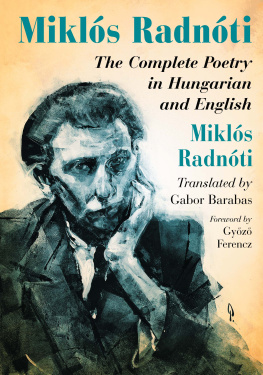

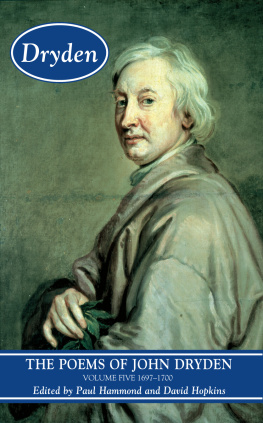
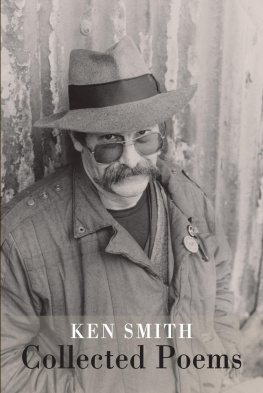
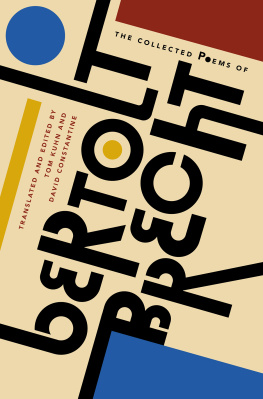
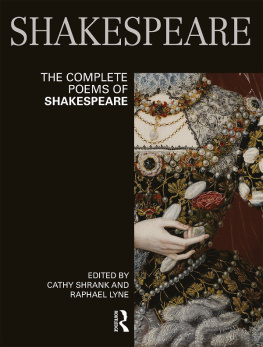


 Mikls Radnti, summer 1942, in Szeged, Hungary. Photograph by Mikls Mller.
Mikls Radnti, summer 1942, in Szeged, Hungary. Photograph by Mikls Mller.